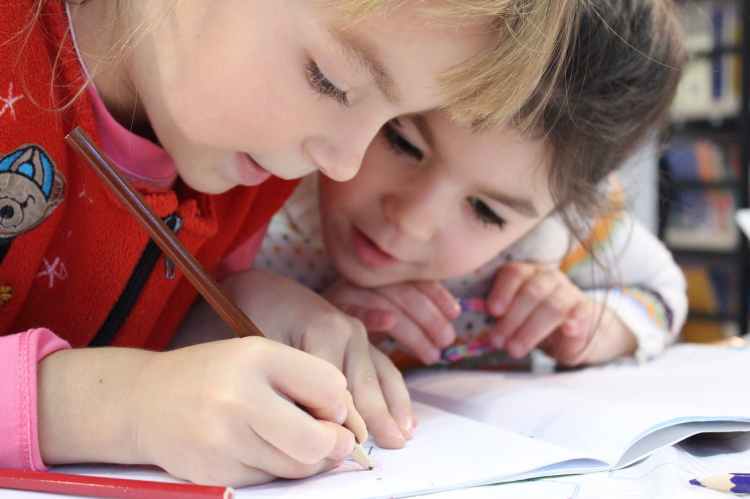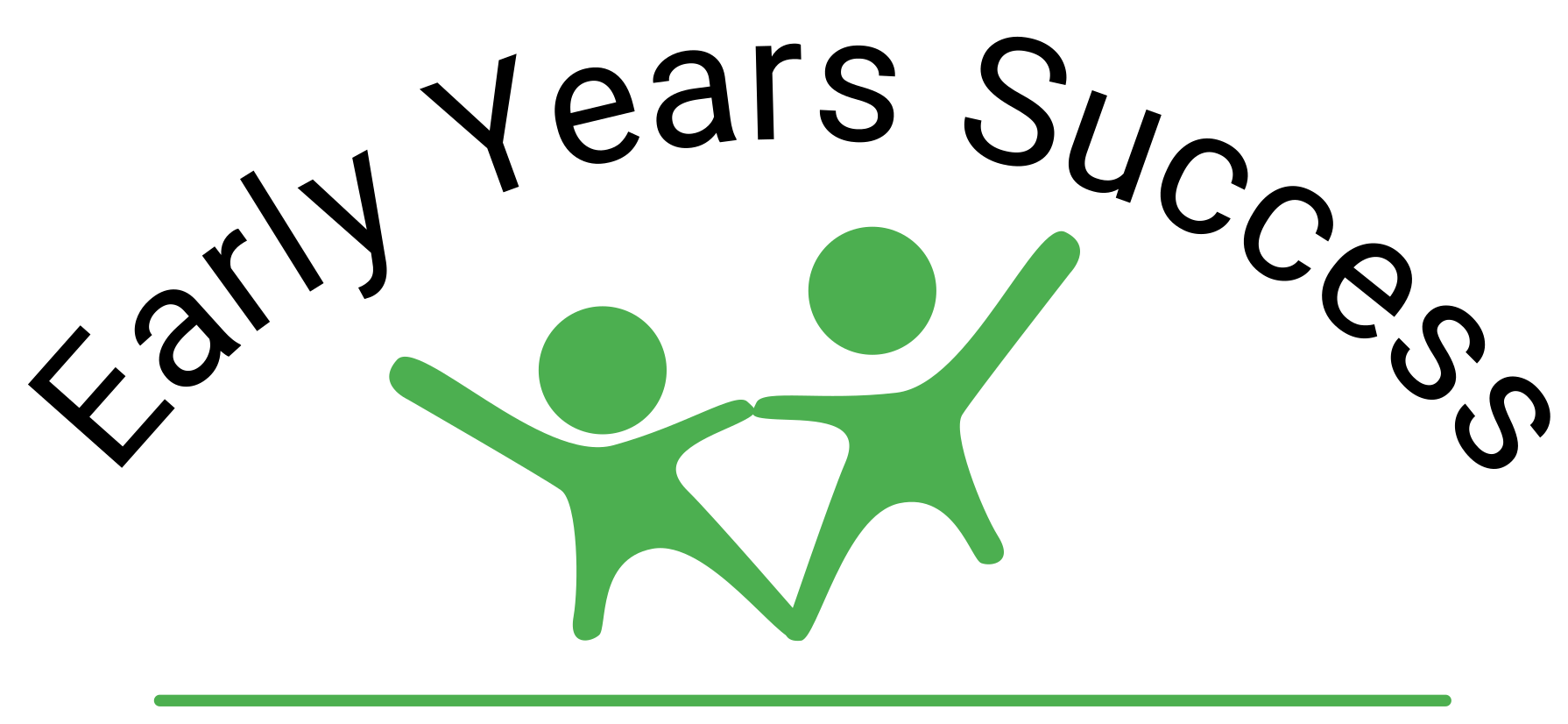Prioritising the early years of learning…
To ensure young learners engage in and continue to love learning there are a multitude of interconnected factors to consider.
Early Years Success understands and connects these factors to develop and deliver a range of capability-building programs that will improve outcomes for young learners and their families.
Programs developed by EYS are personalised for each context and have short and long-term measurable outcomes to document and track improvement.
Recommendations for Director, Angela Fraser B.Ed, M.Ed. @ LinkedIn
‘Extensive knowledge and understanding of early years curriculum and pedagogy both at a classroom level and at systemic/policy level…’
‘Extensive experience as an educator in the early years, she has provided leadership in the implementation of early childhood – birth to eight years initiatives…’
For schools

Photo by Pixabay on Pexels.com
Quality early years teaching and learning
- Find out what quality early childhood teaching and learning is from Kindergarten to Year 2. Target and measure areas for improvement.
Early years curriculum connections
- Find out how curriculum planning in schools can build on learning outlined in the kindergarten learning guidelines and the Early Years Learning Framework.
Effective use of early years data
- Use data, including transition statements and AEDC to determine starting points for learners. Link data sets to determine essential focuses unique to your school.
Promoting young learners’ agency
- Reflect child-initiated learning within the curriculum expectations in your early years classrooms. Promote agency for all learners.
Enrolment to school – valuing families
- How can you get to know, support and value the families and learners coming to your school? Are you using time- consuming, old entry to school testing methods and enrolment procedures?
Transition statements
- Use and interpret kindergarten transition statements to utilise their full potential in supporting a great start to school.
Using your literacy and numeracy data in curriculum planning
- Build the capability of staff to understand how to interpret and use early years data in curriculum planning.
For early years services

Photo by Sharon McCutcheon on Pexels.com
Connecting with schools and advocating for the early years of learning
- QA 6 – What are school priorities and how do they align with early years service priorities.
- QA 1 – Understand early childhood development and learning and how it connects to school curriculum, pedagogy and assessment.
Curriculum planning to reflect children’s agency
- Documenting child-initiated learning.
For associations and businesses

Photo by Pixabay on Pexels.com
Families are a vital part of engaging and motivating young learners to succeed.
Unpacking school language and priorities
- What are the priorities of schools and where can families play a part?
- How can families be partners in their children’s learning?
Assessment and reporting
- NAPLAN, A-E reporting, reading data – how does it all work to support my child’s learning?
Play-based learning
- Understand how and why active and inquiry-based learning are effective for all young learners.
Businesses benefit from knowing what drives improvement, being able to talk the talk and knowing about early years service and school priorities.
- Find out how your business can support the success of schools and early years services by understanding their improvement agenda.
About EYS
Director, Angela Fraser (B.Ed, M.Ed) has 28 years of early years experience in schools and the government sector. She is a respected early childhood professional with a genuine interest in seeing all children succeed.
Get in touch
Email: Angela.Fraser@earlyyearssuccess.com
Call: 0448 324 951
